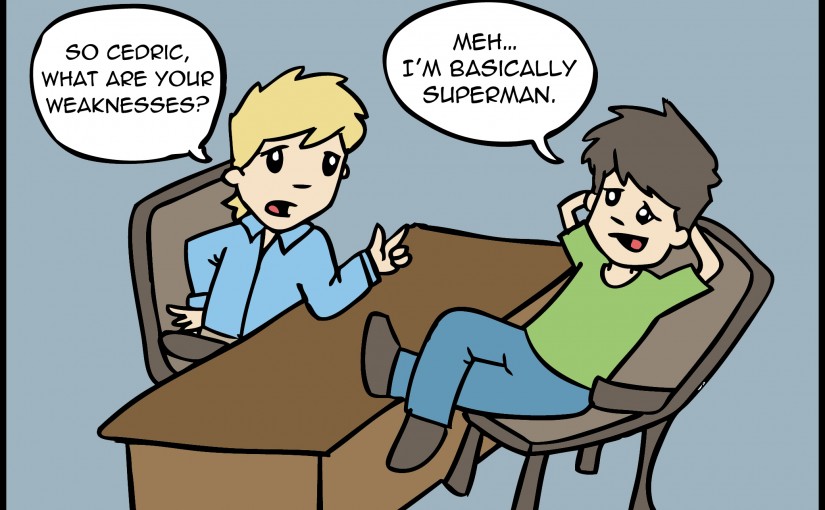There is nothing worse in an interview than being unable to think of a response to a question. The pressure is already high and you know that your silence is not impressing anyone. The longer it lasts, the more difficult it is to think of an answer, until finally you can’t even remember what the question was.
If this happens, just ask them to repeat the question, but the best way to avoid it is to have pre-prepared answers.
Academic interviews are not always like interviews for other jobs. They tend to focus more on the research you have done as well as the research you would be doing, so make sure you are an expert on both. Look into the techniques the interviewers use and make sure you can describe them if questioned.
Get Practical Tips- Don’t ignore conventional interview questions. Think about your strengths and weaknesses before you enter the interview.
- Use the internet to research potential questions, and ask your supervisor the sort of things they might ask.
- If they ask you about your weaknesses, don’t say you don’t have any. Pick something that would not inhibit your ability to do the job, and show how you overcame it.
- Prepare examples of times you achieved things against the odds. Examples of team work, independent thought, and idea generation are also important.
- If you can come up with ideas of the direction you might take the project, this will be impressive.
- Never assume they already know your skills from your CV and cover letter. Repeat what you can do and add to it as much as possible.
- If there are specific advantages to hiring you over someone else, then state them. Don’t assume they are implied.
- If they tell you about their research, don’t just passively listen and nod, occasionally muttering how interesting it all is. Interrupt with questions and ideas that demonstrate you have knowledge about the subjects.
- Think up alternative techniques you could use to do the research you are applying for. They may ask questions about them, and if not you can suggest these alternatives.
- Don’t simply state that you can do things. Offer experiences that show you can do them.
Read Personal Perspective
I have always struggled with interviews, and this is mostly because I find them difficult to prepare for. As they are without a syllabus and are generally short, it seems as if there is anything (and only so much) they could ask, thus making preparation pointless.
However, they always ask the same questions. They want to know primarily that you understand the techniques you would be using in their group, and that you have a good understanding of the surrounding science. Solid research into these areas will be beneficial.
